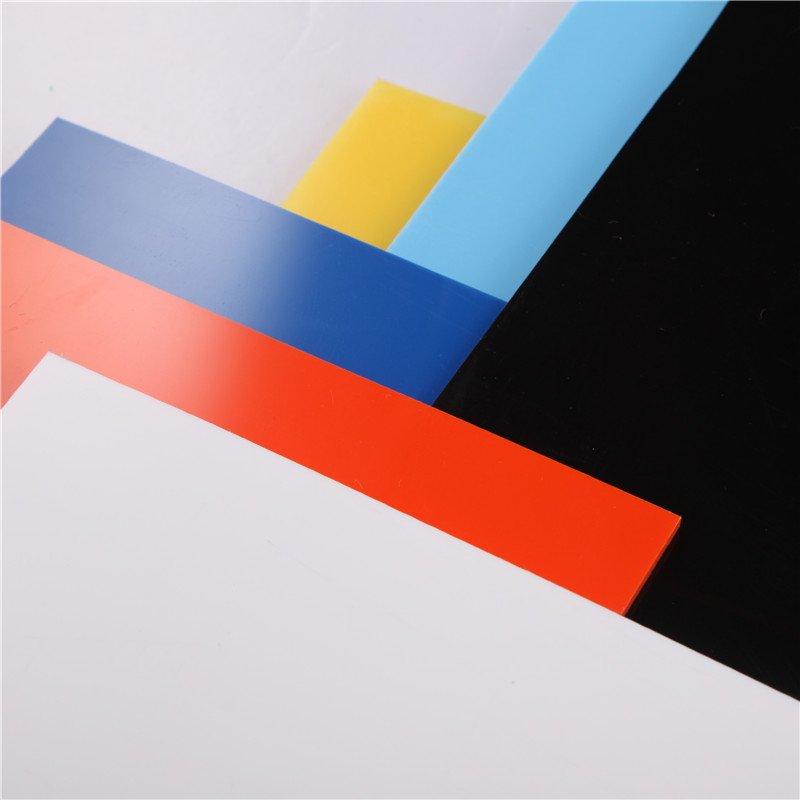Jul . 25, 2024 04:33 Back to list
Understanding the Applications and Benefits of Polyethylene Pipe Fittings in Modern Plumbing Systems
Understanding Polyethylene Pipe Fittings Applications and Benefits
Polyethylene pipe fittings play a crucial role in various industries and applications, particularly in water supply, irrigation, and gas distribution systems. As a lightweight and versatile material, polyethylene (often abbreviated as PE) offers numerous advantages that make it an ideal choice for modern piping solutions. This article aims to delve into the characteristics, applications, and benefits of polyethylene pipe fittings, highlighting their significance in today’s infrastructure.
What are Polyethylene Pipe Fittings?
Polyethylene pipe fittings are specialized components used to connect sections of polyethylene piping, facilitating the flow of liquids and gases. These fittings come in various shapes and sizes to meet the distinct requirements of different applications, including elbows, tees, reducers, and flanges. PE fittings are manufactured using high-density polyethylene (HDPE) or low-density polyethylene (LDPE), known for their strength, flexibility, and resistance to environmental stressors.
Applications of Polyethylene Pipe Fittings
One of the primary industries utilizing polyethylene pipe fittings is the municipal water supply sector. With increasing demands for efficient water distribution systems, PE fittings are employed to connect water pipelines, ensuring minimal leakage and maximum durability. Their resistance to corrosion and chemicals makes them suitable for handling potable water and various industrial liquids.
In agriculture, polyethylene pipe fittings are integral to irrigation systems. They enable efficient water delivery to crops while minimizing waste and optimizing resource use. The lightweight nature of PE fittings simplifies installation, making them preferable for extensive irrigation networks.
Gas distribution systems also benefit from polyethylene fittings. As natural gas usage rises, these fittings provide a reliable and safe solution to transport gas from distribution centers to consumers. PE materials can withstand pressure fluctuations and have excellent resistance to stress cracking, ensuring the integrity of gas pipelines.
polyethylene pipe fittings

Benefits of Using Polyethylene Pipe Fittings
The advantages of polyethylene pipe fittings are vast. Firstly, the lightweight nature of PE reduces transportation and installation costs, making it an economically viable choice for many projects. Unlike traditional materials like metal or concrete, PE piping systems require less heavy machinery for installation, ultimately saving time and labor.
Secondly, polyethylene fittings exhibit exceptional resistance to corrosion and chemicals, extending their lifespan and reducing maintenance costs. They do not rust or corrode, making them a reliable option for both above-ground and underground applications.
Another significant benefit is the flexibility of polyethylene. This allows for easy maneuverability during installation, enabling fittings to adapt to various layouts without the need for extra joints, which can be potential leak points.
Moreover, polyethylene pipe fittings can absorb significant impacts and are resistant to ultraviolet radiation, making them ideal for outdoor applications. Their durability against environmental factors means fewer replacements and a more sustainable choice for infrastructure projects.
Conclusion
In summary, polyethylene pipe fittings are vital components in a plethora of applications, from water supply and irrigation to gas distribution systems. Their lightweight, corrosion-resistant, and flexible properties make them a preferred choice in modern piping solutions. With ongoing advancements in polyethylene technology, it’s evident that these fittings will continue to play an essential role in shaping efficient and sustainable infrastructure for the future. Embracing polyethylene fittings not only enhances the reliability of piping systems but also leads to significant cost savings and reduced environmental impact.
-
HDPE Pipe Fittings: Durable, Leak-Proof Solutions
NewsAug.16,2025
-
Premium CPVC Sheet: High-Temp & Chemical Resistant Solutions
NewsAug.15,2025
-
Durable PPR Pipe for Hot & Cold Water Systems - Easy Install
NewsAug.14,2025
-
Durable HDPE Sheet | Versatile & Impact-Resistant Plastic
NewsAug.13,2025
-
Premium PVC Soft Sheets: Clear, Flexible & Durable
NewsAug.12,2025
-
Premium PVC Round Rods: Durable, Chemical Resistant, Easy to Machine
NewsAug.11,2025

